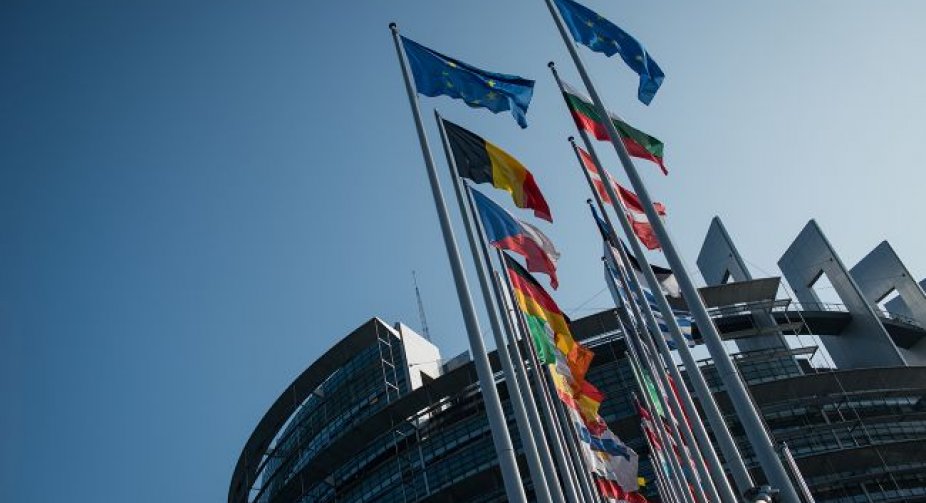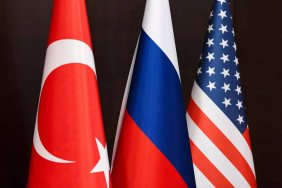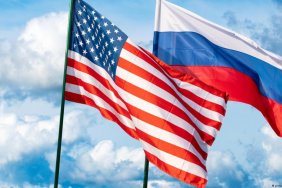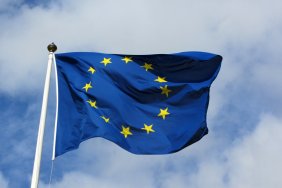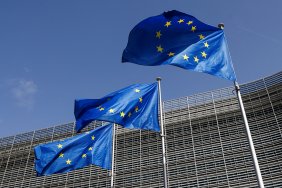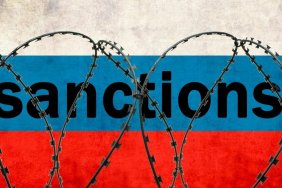Brussels is shifting its focus from adopting new sanctions against Russia to ensuring compliance with existing ones. Third countries will also come into focus.
This was stated by the EU's special representative for the implementation of sanctions, David O'Sullivan, Politico reports.
"The EU has been incredibly effective in deploying 10 far-reaching and unprecedented sanctions packages against Russia," O'Sullivan said. But now, according to him, "we have to focus on implementation and combating circumvention."
O'Sullivan noted that some relationships need to be structurally restructured. "My role now is to ensure their effective implementation and not to bypass third countries," he added.
O'Sullivan said he had already contacted countries Russia could use to circumvent sanctions. "Cooperation and engaging in dialogue with third countries that can be used as a bypass platform is vital. I have already started my work by visiting the United Arab Emirates with my US and UK colleagues. Further visits are planned."
As the newspaper notes, the sanctions had less impact than the leaders of the bloc had hoped. In particular, the value of Russian exports to the EU increased in 2022 compared to the previous year, mainly due to higher prices for energy and raw materials.
In addition, despite widespread sanctions on spare parts for aircraft, the Russian carrier Aeroflot is still flying - its planes are repaired and maintained in Turkey.
Russia's defense industry has replaced sanctioned parts with dual-use goods and repurposed consumer goods. In Russia, they extract microchips from toasters to use them for their guided missiles.
We will remind, on February 25, the European Union introduced the tenth package of sanctions against Russia. The tenth package of sanctions covers exports of goods to Russia worth 11.4 billion euros and imports from Russia worth 1.3 billion euros.
